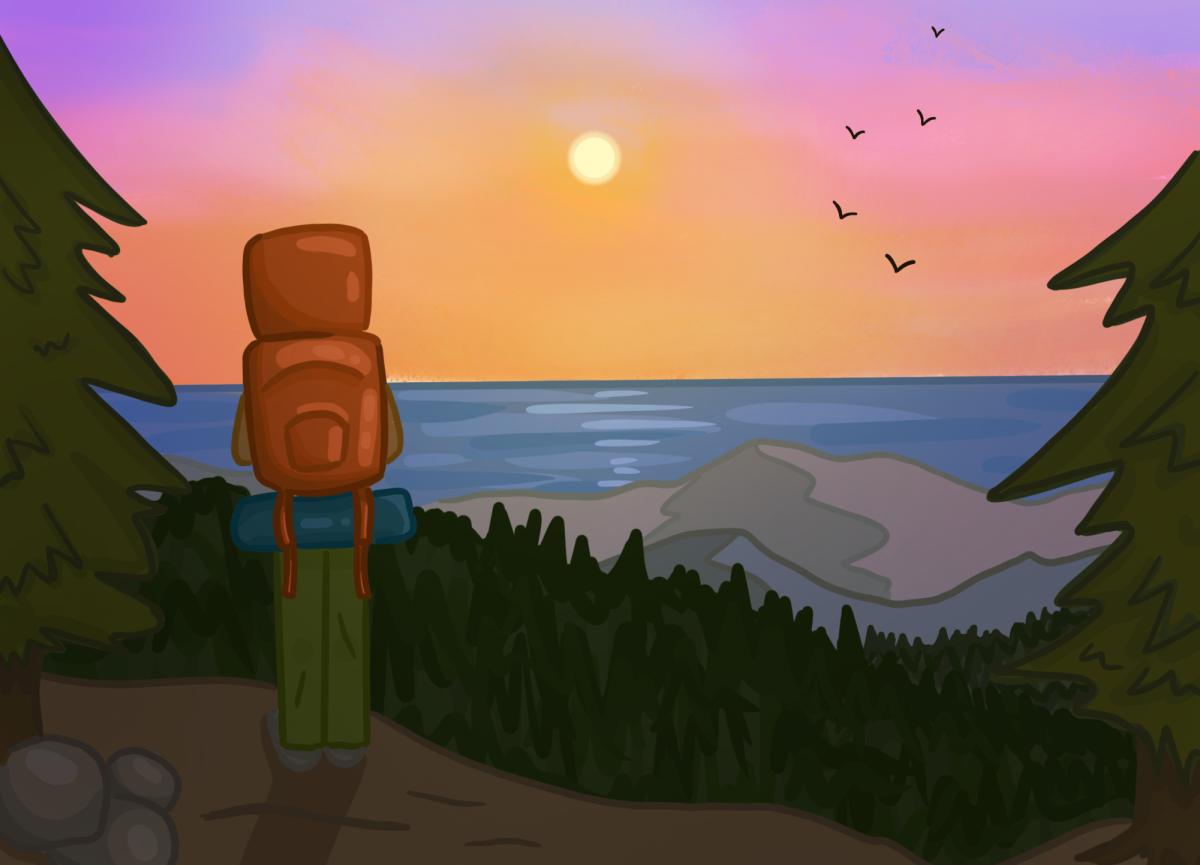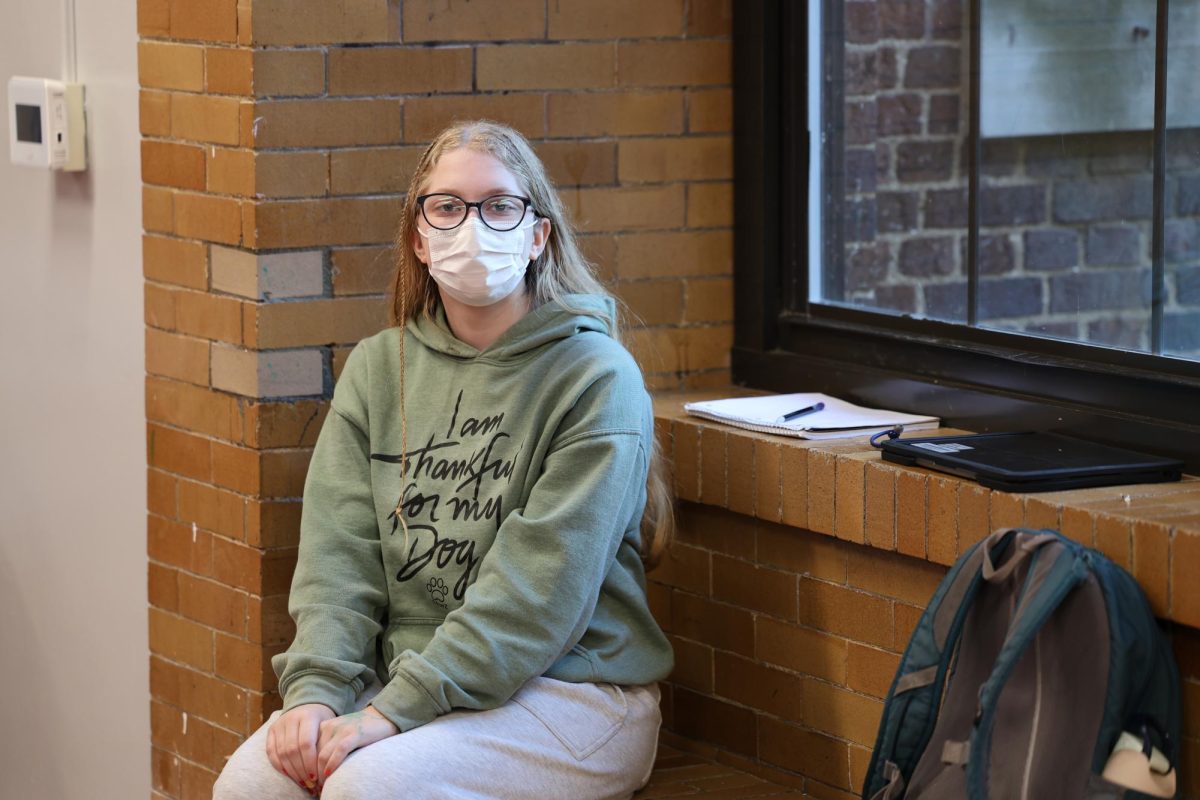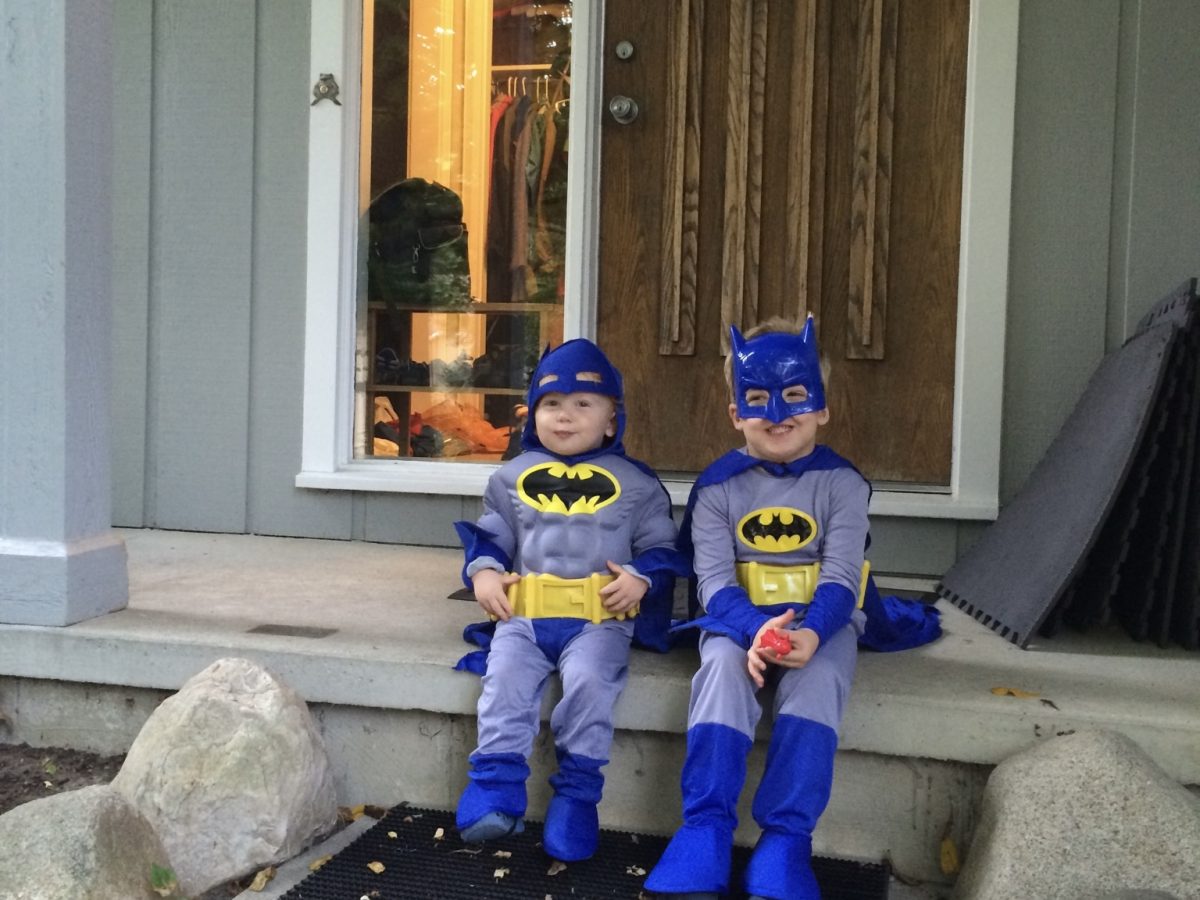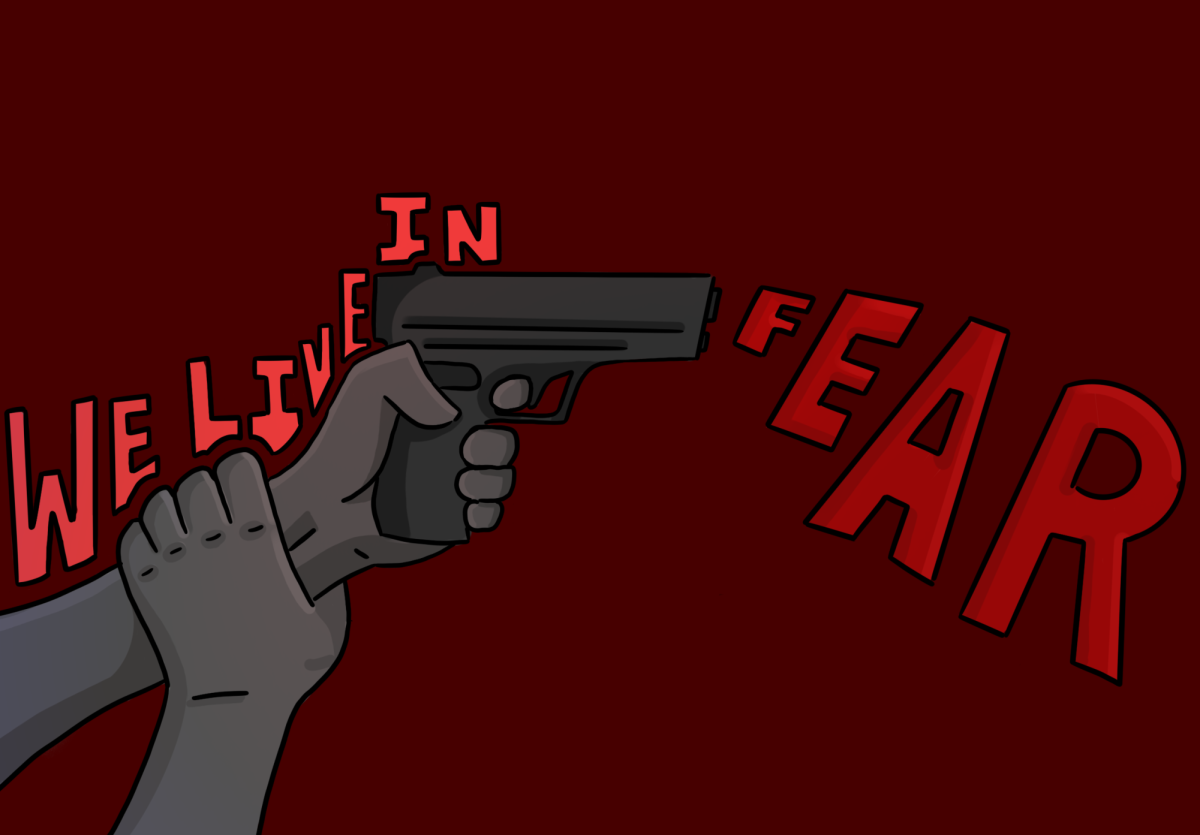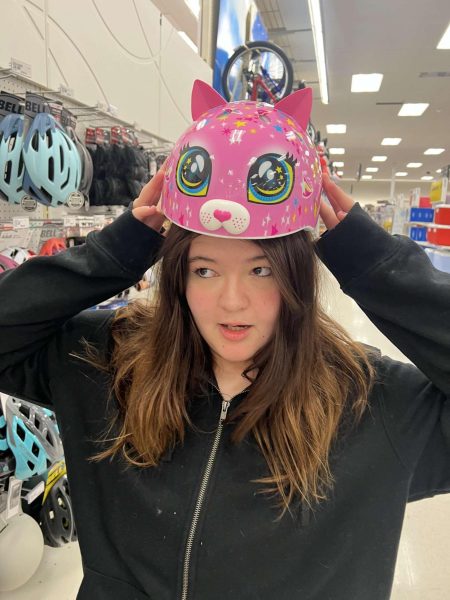I clearly remember December 14, 2012. I had just started kindergarten and instead of going to school that day, my mom decided my family would go see Santa Claus. As we stood in the long line, my mother stared down at her phone with a look of shock and fear. I had no idea that 20 children in kindergarten, just like me, were shot and killed at their school.
The Sandy Hook Elementary School shooting shocked the nation and the United States (U.S.) into a new era where no student could ever be sure that they were completely safe at school. Ever since I could remember, we have had to run lockdown drills at school. Every time, I would scrunch up in a hidden corner, tuck my knees so far into my body that I could feel my heartbeat in my feet and just remember that the pounding fear in my heart wasn’t rational, it wasn’t real this time. But the sad fact is, in America, the leading cause of death in children and teens is gun violence, according to Sandy Hook Promise, a nonprofit organization that works towards gun violence prevention programs and policy making.
It is dangerous to normalize school shootings. I shouldn’t have to scroll through the news on my phone and be able to casually pass a report about a school shooting, not be able to give it more than a moment’s notice because next week, there will be another one.
“We’re normalizing behavior that shouldn’t be normalized,” said Congresswoman Debbie Dingell, U.S. Representative for Michigan.
Elliot Paloff, a CHS sophomore, has never had a point in their life where school shootings weren’t common. For them, seeing these tragedies so often in the news has made Paloff accept the fact that the possibility of violence in your school is just something you have to expect when walking in the doors.
“As an American, I feel so desensitized to news of school shootings or mass shootings in general,” Paloff said. “School shootings are a problem, obviously it’s a big problem. But there’s definitely a disconnect there where it’s like, ‘Oh, it’s other people’s problem. It’s not gonna happen to me.’”
But one day it might be you, your best friend, or your sibling who is put in a situation with an active shooter at school. That is why the government needs to take action on gun reform and start giving hope to families that their kids can be safe at school again.
“I think the government has a duty to protect its citizens in a way that we’re able to feel safe at school, and we do not have that right now,” Paloff said. “The government’s just failing us in so many different ways also like with mental health treatment or mental illness treatment… there are things that people can do to prevent school shootings from happening, not giving them access to weapons and getting them treatment for mental health.”
Over half of school shootings are committed by current students, according to the U.S. Government Accountability Office. This means that we need to look at the root of the problem inside of schools that allow for the cycle of school shootings to persist. Representative Dingell believes it is due to a mix of mental health repercussions as well as the extreme usage of social media by teens. To combat mental health issues, we need to invest in more counselors and psychologists in schools to give struggling students the tools they need.
“Quite frankly, all of us have a responsibility to be kinder, gentler, and be aware of things that people may be going through,” Dingell said. “I think kids have a responsibility to try to be the friend that people need, and I think schools need to discourage bullying.”
We need to seriously address how we handle mental health crises and support in our schools. Especially in high schools, where many teens are sucked into an egocentric world. Teens need to be kinder, more supportive and look out for one another to encourage people to get help when they need it.
“But most of the school shootings are done by young people that have been isolated or bullied in some way,” Dingell said. “So what I want is to keep guns out of the hands of people that shouldn’t have them. I also think we all need to talk about being sensitive to people who may feel alone, isolated, pulled away and need a friend.”
According to the ALICE(Alert, Lockdown, Inform, Counter and Evacuate) training website, “thinking about an active threat and violence in your school should not be a top priority, but the reality is – it needs to be.”
Teachers in Ann Arbor Public Schools have to go through ALICE training, it evaluates teachers’ in-the-moment decision-making skills. In 2015, Courtney Kiley, a science teacher at CHS, had to participate in one of the ALICE training drills at Skyline High School. Kiley and the rest of the teachers attending had been shown the gruesome footage from the Columbine High School massacre after they were taken to a classroom to discuss what they had just seen. Suddenly a man, later discovered to be a police officer, walked into a room and began to shoot blanks at the teachers. Kiley chose to fight at that moment, she pushed other teachers back to safety and began to pick up chairs and flung them at the man. Some teachers froze, some hid, some cried and some fought, but the experience made Kiley realize how important it is to have ALICE training.
“It was a very traumatizing way to learn that but kind of valuable,” Kiley said. “It’s nice to know what your response would be.”
But is anything ever going to be enough to stop school shootings from happening? In 2022, more than 6,000 children and teens were injured or killed in shootings, according to the nonprofit Gun Violence Archive, which is a record-high amount of lives of children that were taken due to gun violence.
Instead of seeing myself in the children of Sandy Hook, as I did 12 years ago, I now see myself in the teens murdered in the Oxford High School shooting just 45 miles away from my own high school, same state, same age, same fear. The pounding fear of a school shooting happening to me or my friends never leaves my brain, it will never be normal. I don’t want to live in fear of going to school.




